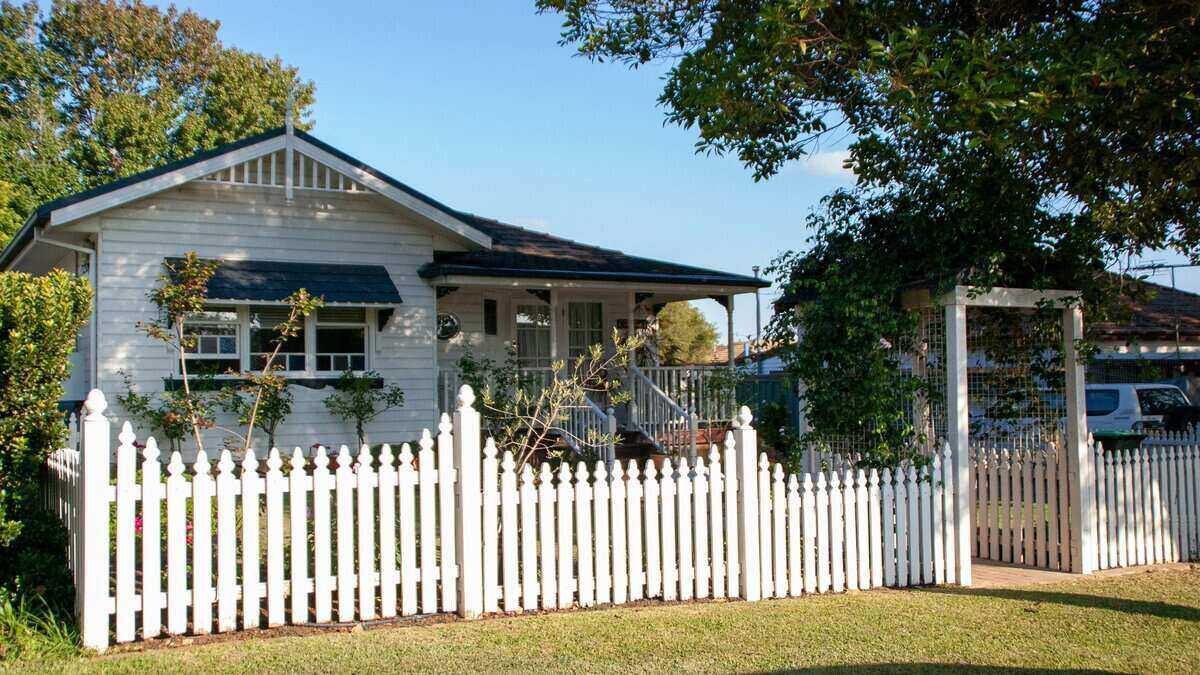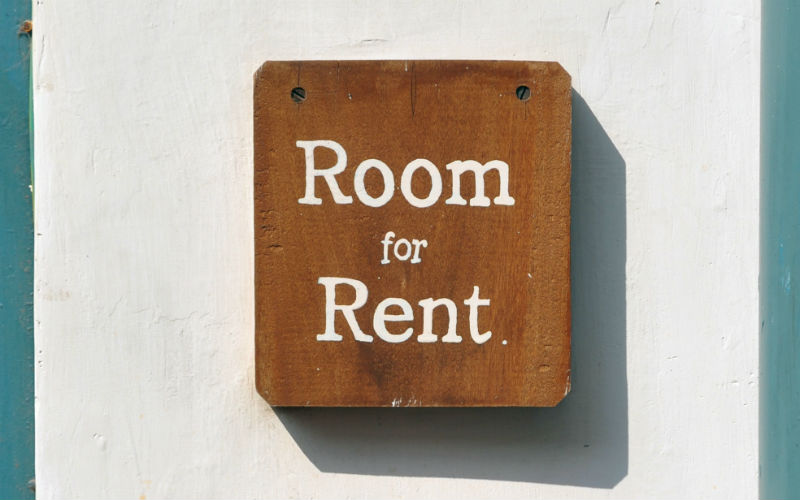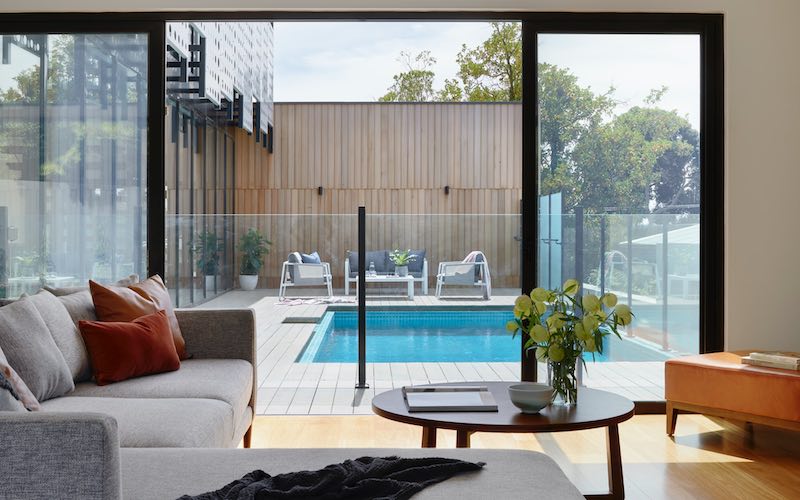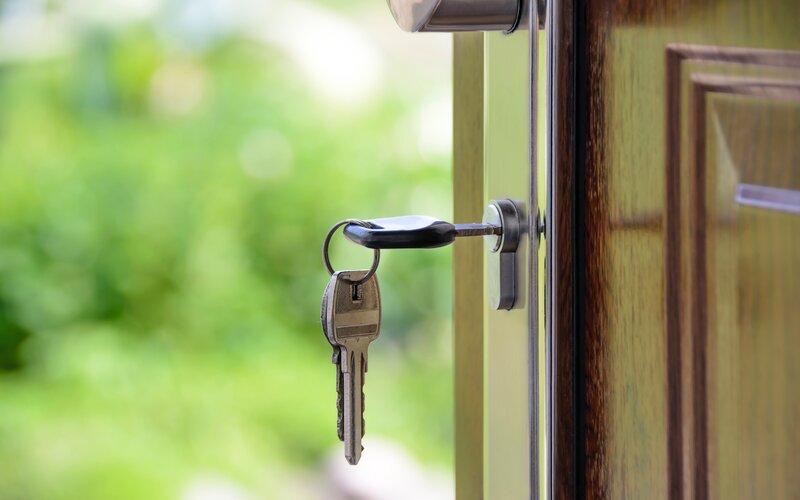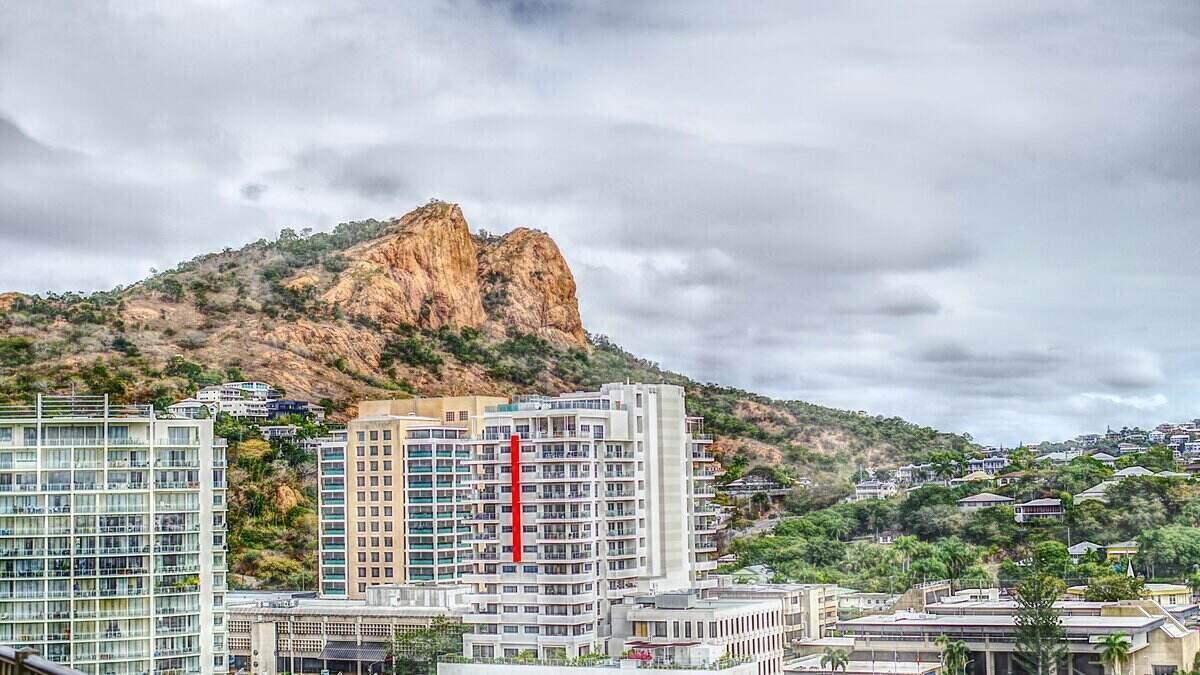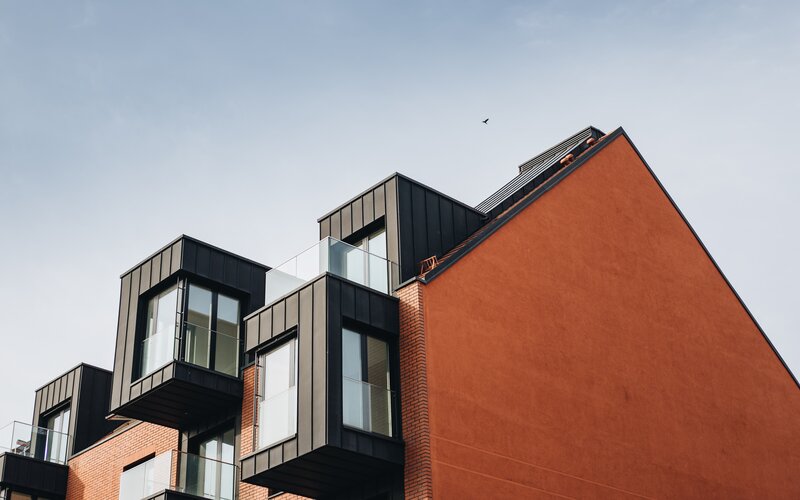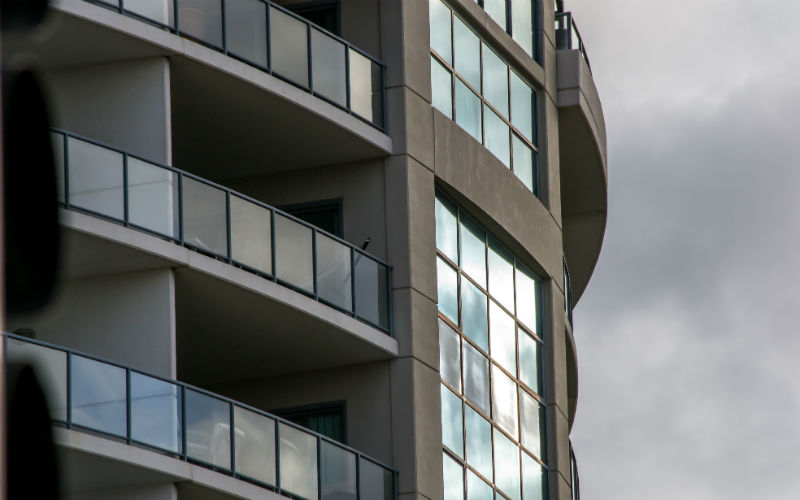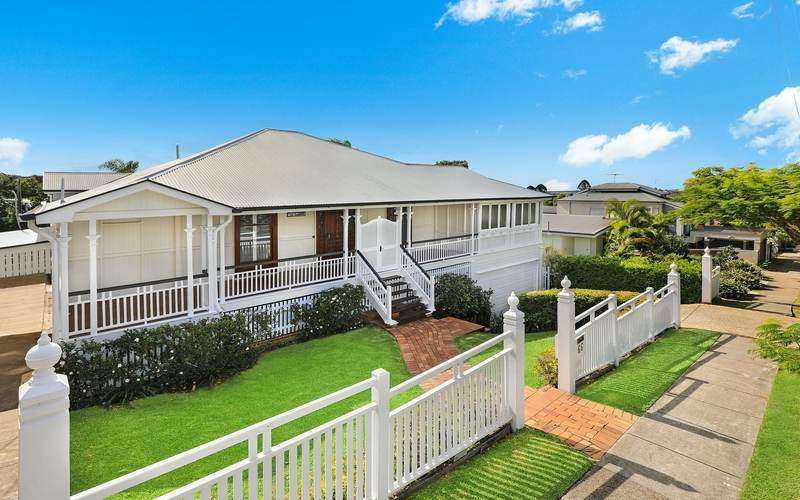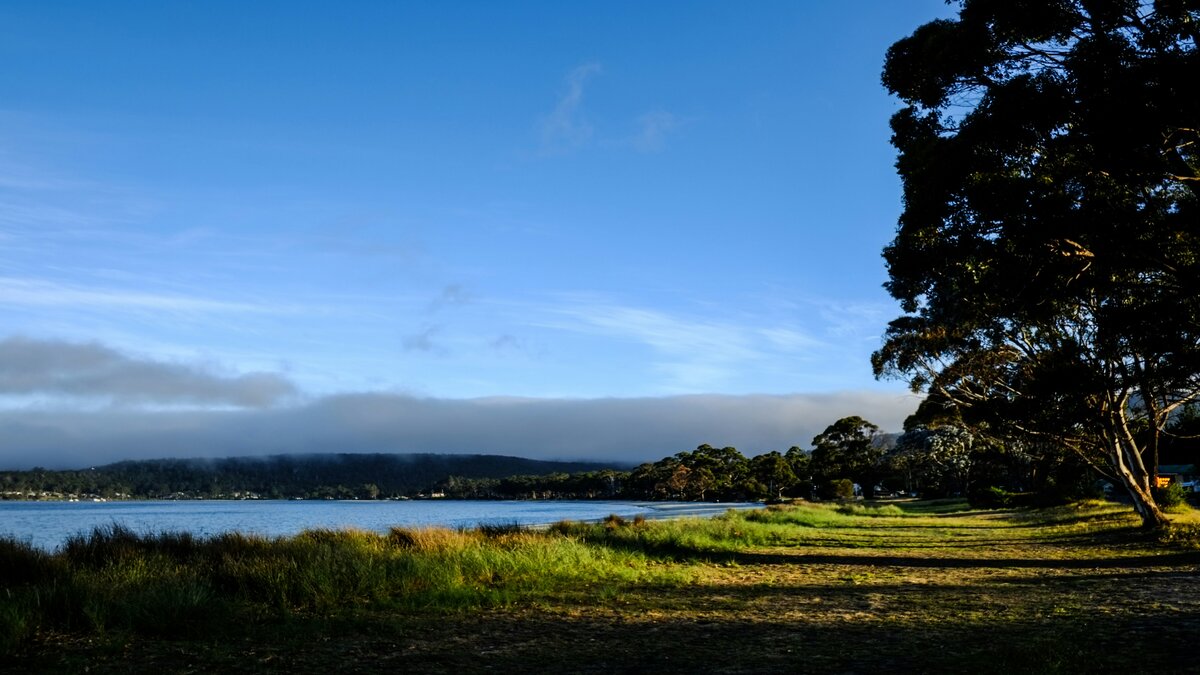PIPA’s Annual Investor Sentiment Survey found that more than 160,000 investment properties were potentially sold to homebuyers, with 45.1% of investors selling at least one property in the sunshine state in the last two years.
The survey results come off the back of changes to Queensland’s land tax laws that were passed in June, which will see owners of property in Queensland as well as in other states experience 'taxation creep'.
Further analysis also showed that nearly two-thirds (65%) of all investment dwellings were bought by owner-occupiers over the period.
In two years, the rental stock in Queensland has potentially dropped by a steep 29% - or about 162,000 dwellings.
How have investors responded?
The annual survey was conducted in August and was based off the responses of 1,618 property investors; it found that 16.7% of investors had sold at least one property over the two-year period.
This reflects a potential drop in rental supply of 10% - or about 269,000 dwellings - given around 65% of these were bought by owner-occupiers.
A portion of investors nationwide have also signalled that over the next year they intend to sell even more property (19%) - the number one reason being the introduction of Queensland’s new land tax law next year.
PIPA Chair Nicola McDougall said it was clear that investors have had enough of being the cash cow for all levels of government.
"From Coolangatta to Cairns, investors have deserted the Queensland market over the past two years, with more rental pain on the horizon as well," Ms McDougall said.
"We had an inkling that investors had been selling their holdings over the past year or two, but these results show that even we had under-estimated the volume of rental properties that have been jettisoned from the market.
"The fact that 45.1% of investors sold at least one property in Queensland is mindblowing – especially since this was mostly a period when the ridiculous new land tax wasn’t even law."
According to Ms McDougall, investment activity had been below historical averages over the past two years.
Good news for first home buyers?
Further analysis of the data showed that it was generally owner-occupiers, including first-time buyers, who had purchased the former investment stock – with nearly 269,000 former rental dwellings being potentially bought by homebuyers nationwide.
Ms McDougall noted this was one of the main reasons why there is such a critical undersupply of properties available for rent.
"The number one reason why investors sold was due to the positive selling conditions at the time, followed by to reduce their total borrowings, and changing tenancy legislation making it too costly or hard to manage," she said.
"These investor insights help to explain why so many investors – myself included – sold in Queensland because property prices were mostly stagnant there for years before the pandemic because of its underwhelming economy.
"So, after the moratoriums on rental evictions ended, and prices started to rise, investors offloaded their properties in the hundreds of thousands.
"That said, even with the strong market conditions last year, after all the costs including Capital Gains Tax that I paid over the 15 years I owned a property in a Brisbane middle-ring suburb, I would have been better off financially driving an Uber in my spare time."
The survey results also found that more investors had sold a property or properties in Queensland (45.1%) over any other state, followed by New South Wales (24.1%) and Victoria (19.1%) over the two years to August.
Tougher times for property investors ahead
The findings of the survey also revealed that about 19% of investors are considering selling in the next 12 months, which Ms McDougall believes is in response to the Queensland land tax changes.
This could lead to the potential depletion of rental property supply around the nation by another 200,000 properties - especially if investment buying activity remains low.
"The survey provided investors with more than a dozen potential reasons why they may sell a property in the next year – and the Queensland land tax was the top reason with nearly 31% of investors," Ms McDougall said.
"Investors are also feeling like they have lost control of their real estate assets, because 29% are considering selling a property because of changing tenancy legislation making it too costly or hard to manage.
"Followed by the threat of losing control of their asset because of new or potential government legislation (27.5%), and the threat of rental freezes being enforced by governments (23%).
"If the percentage of investors who are considering selling winds up doing so, then we are going to see even higher rents as well as a sharp increase in homelessness – especially in Queensland."
The continual decrease of investors intentions to buy was also reflected in the survey, with only 58% believing now is a good time to invest in residential property - down from 62% in 2021 and 67% in 2020.
Ms McDougall said PIPA has been warning about the potential rental undersupply for five years now, but governments had repeatedly refused listen.
"When we warned about the potential impact from lending restrictions on rental supply back in 2017, no one took any notice, and when we started highlighting the looming rental undersupply some two years ago, again, we were ignored as real estate zealots," Ms McDougall said.
"It is clear that investors are sick and tired of being treated appallingly by policymakers who continually believe that they are an endless supply of revenue for their coffers.
"But when nearly 270,000 rental dwellings disappear in just two years – because governments thought private investors would forever shoulder the burden of providing rental housing while being taxed and taxed some more – well, have we got news for you."
Are granny flats the solution for struggling renters?
The Queensland Government has announced it will encourage homeowners to rent out granny flats on their properties, in an attempt to help ease the ongoing housing crisis that is facing Queenslanders.
Deputy Premier and Minister for Planning Steven Miles said the changes were suggested by stakeholders at the Queensland Housing Roundtable and will remove restrictions on people who can live in secondary dwellings.
"Many homeowners have granny flats that they’ve built or converted for family members or teenagers who have since moved out," Mr Miles said.
"Right now, most homeowners can’t rent secondary dwellings, such as granny flats, to anyone other than their immediate family.
"At the same time some Queenslanders are sleeping in their cars or in tents.
"It just makes sense to allow existing accommodation to be occupied by someone other than a relative to provide more affordable accommodation for Queenslanders."
While the Real Estate Institute of Queensland (REIQ) welcomed the state government's announcement, it has issued its own word of warning.
REIQ CEO Antonia Mercorella said that while it was great to have innovative solutions being brought forward, community education was important for consumer protection.
"We’d also issue a word of warning to homeowners – it’s important to do your research to understand the potential tax implications that this could create, in terms of capital gains tax at the time of the sale, as well as potentially triggering land tax liabilities under recent land tax reforms," Ms Mercorella said.
"We’re still seeking clarification around how the new land tax regime will impact granny flats and the availability of the Principal Place of Residence exemption."
Image by Monstera via Pexels.

Ready, Set, Buy!
Learn everything you need to know about buying property – from choosing the right property and home loan, to the purchasing process, tips to save money and more!
With bonus Q&A sheet and Crossword!


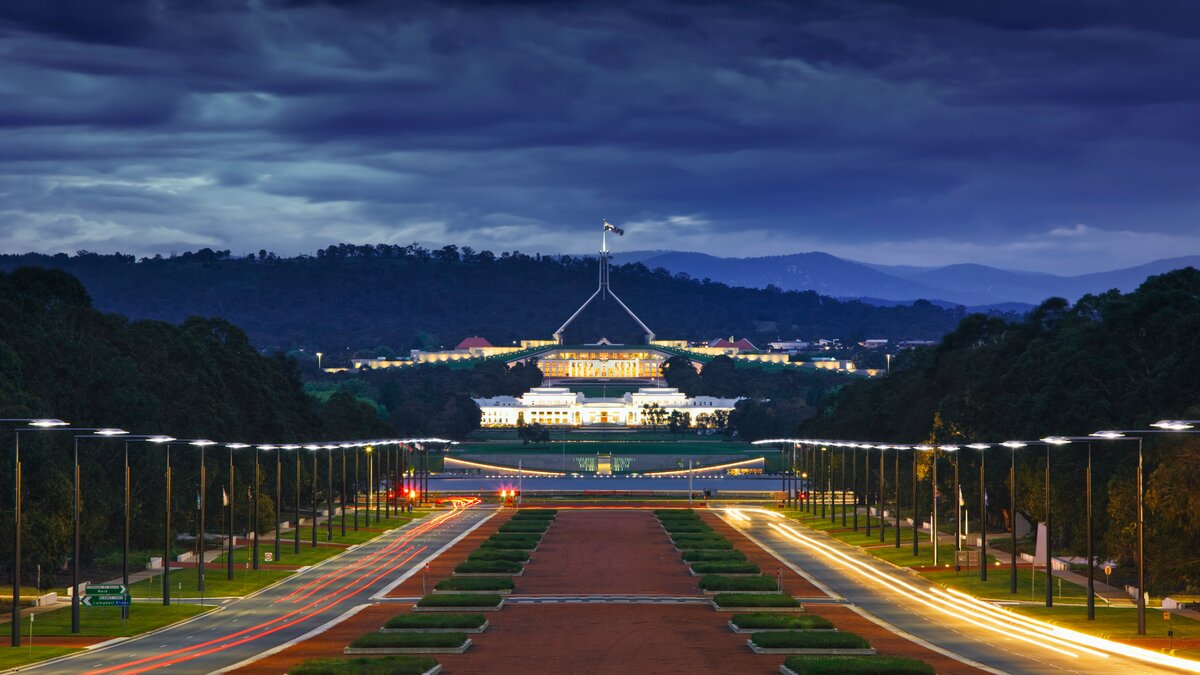
 Harry O'Sullivan
Harry O'Sullivan
